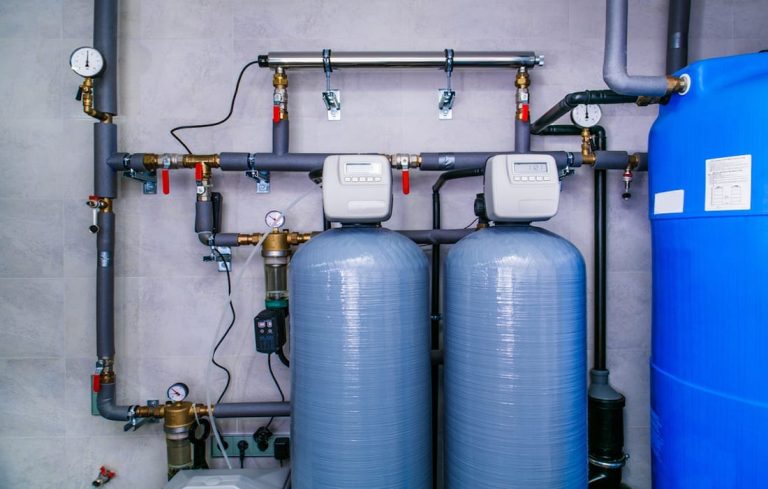Water is a fundamental necessity for human survival. However, the water flowing through the taps isn’t always ideal for consumption or daily use. One common concern is hard water, which contains high concentrations of minerals. These minerals can lead to scale build-up in pipes, reduced effectiveness of soaps, and potential skin and hair issues. By implementing a Water filtration system, homeowners can tackle hard water issues and enjoy a myriad of benefits.
The Basics of Hard Water
To understand the importance of softening and filtration, it’s crucial to first grasp what hard water is. As water moves through the ground, it picks up minerals like calcium and magnesium. This mineral-laden liquid, while not harmful for consumption, can pose other challenges. It can lead to:
- Scale build-up in pipes and appliances, which can decrease their lifespan.
- Ineffective lathering of soap, which can result in the use of more soap and detergents.
- Potential skin irritations and dry hair due to the mineral residue.
Softening Methods
- Salt-based Softeners: These are the most common type of softeners. Such products replace calcium and magnesium ions with sodium ions. This process, called ion exchange, effectively softens water.
- Salt-free Softeners: Instead of replacing the hard ions with sodium, these softeners crystallize the minerals, making it hard for them to adhere to surfaces. This method doesn’t technically remove the minerals but prevents them from causing scale.
- Magnetic or Electronic Softeners: These devices create an electromagnetic field around the pipes, which changes the properties of the minerals and reduces scaling.
Filtration Techniques
A filtration is more about purifying the liquid than softening it. Here are the main methods:
- Activated Carbon: It attracts and traps many impurities, including organic compounds and chlorine. These filters are popular for improving taste and odor.
- Reverse Osmosis: This procedure involves forcing water through a semipermeable membrane that filters out all the contaminants. It’s effective for removing a wide range of pollutants, including certain minerals.
- Distillation: In this process, the water is boiled, and the steam is collected and condensed, leaving contaminants behind. It’s an effective but energy-consuming method.
- Ultraviolet Disinfection: UV light kills bacteria and other pathogens, providing a chemical-free purification method.
Enhancing the Quality of Your System with the Help of Professionals
While many DIY solutions are available, engaging professionals can provide homeowners peace of mind. Here’s why:
- Expertise: Professionals possess the knowledge to accurately test water and recommend the most suitable solution based on the specific needs and existing conditions.
- Installation Precision: Installing a Water filtration system or a softener requires expertise to ensure its effectiveness and longevity. An incorrect installation can lead to system failures, leakages, or ineffective softening/filtration.
- Maintenance and Support: Water systems need regular maintenance to function optimally. Professionals offer services to maintain, repair, and, if necessary, replace system parts, ensuring long-term efficiency.
- Custom Solutions: Every household might have unique issues. Professionals can tailor solutions based on individual requirements, providing a more efficient and effective system.
Conclusion
Water is an indispensable part of human lives, and ensuring its quality should be a priority. Whether dealing with hard water or aiming for purer, tastier water, understanding the available softening and filtration methods is crucial. Integrating such a filtration system and seeking professional expertise can ensure a healthy, efficient, and sustainable source for daily consumption and use.

